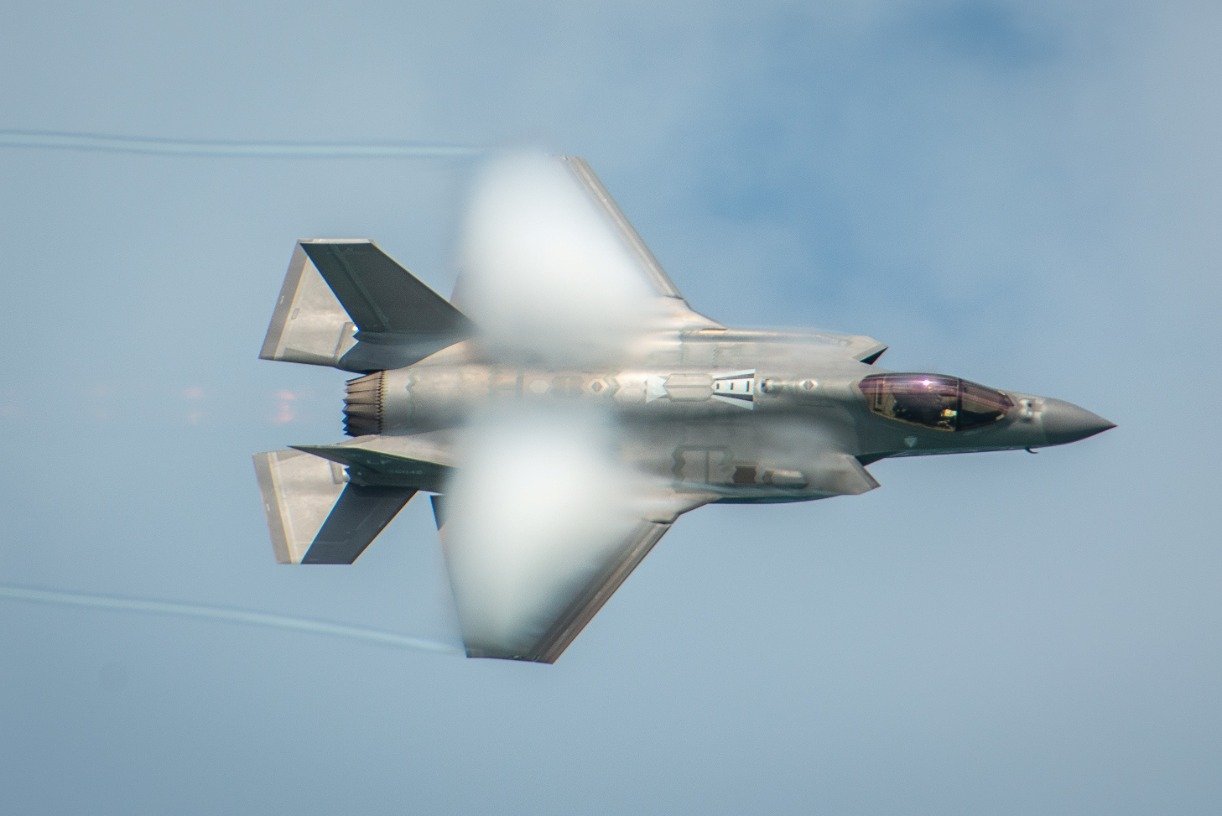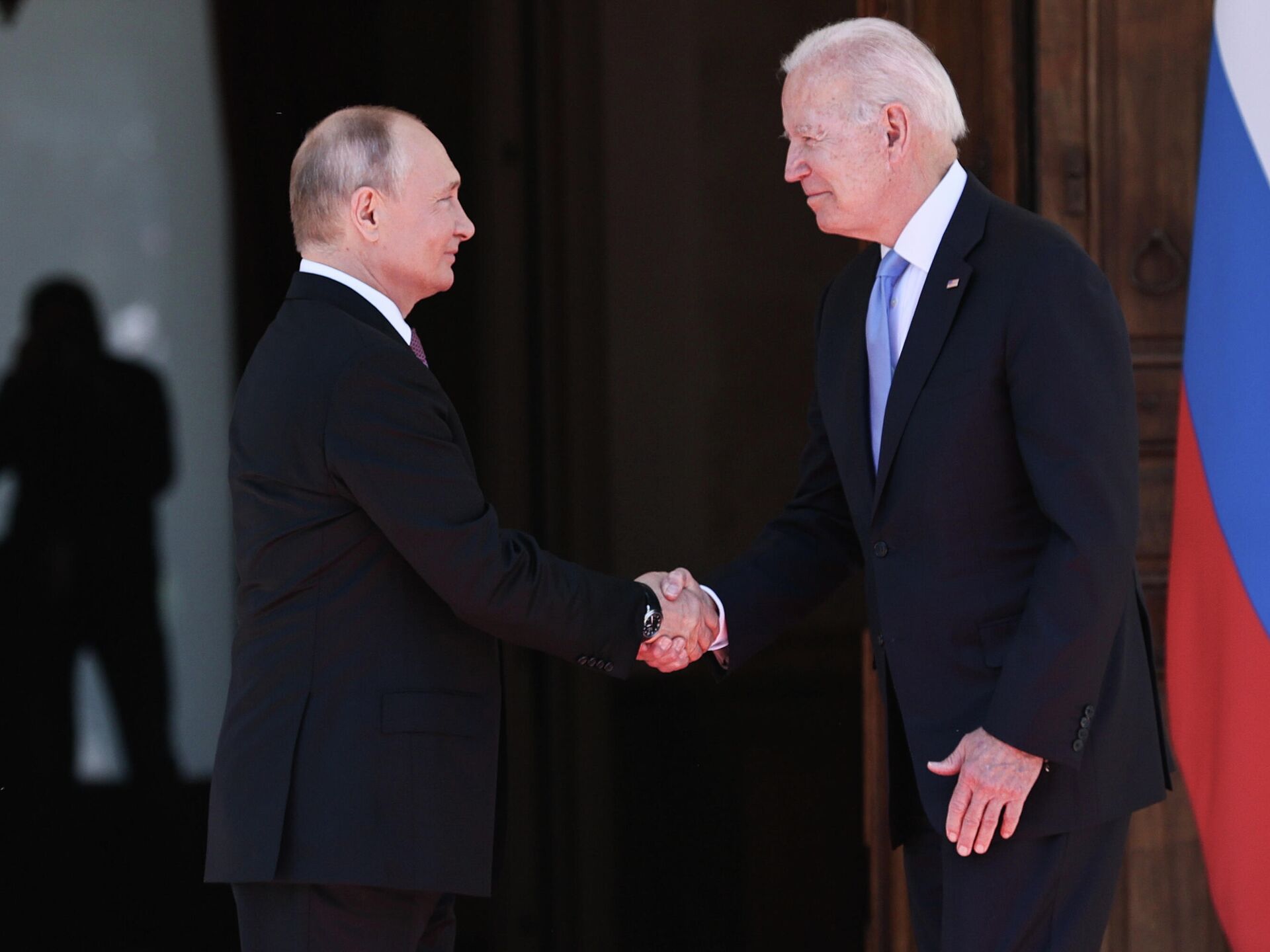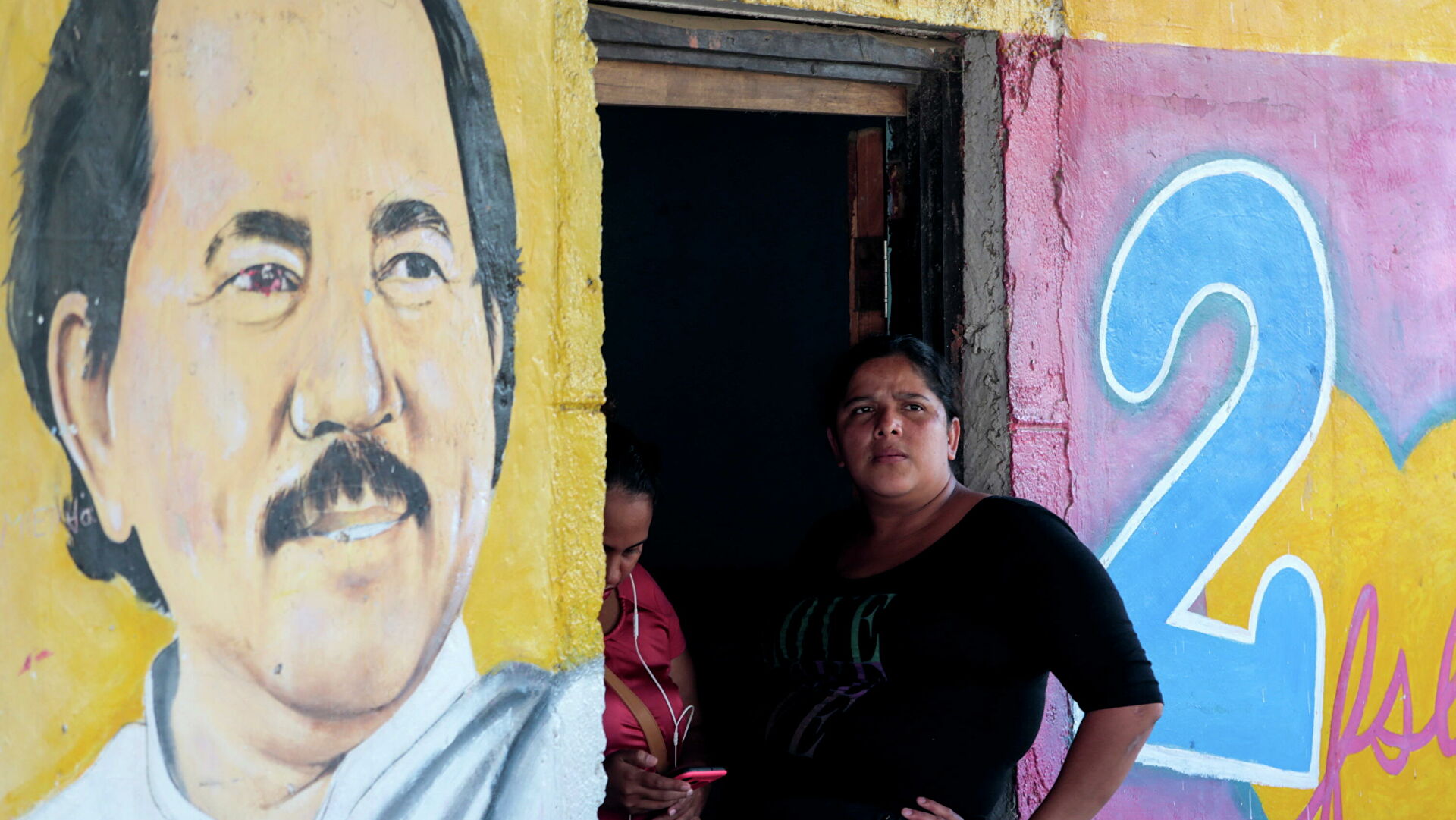David R. Sands
Raised in Northern Virginia, David R. Sands received an undergraduate degree from the University of Virginia and a master's degree from the Fletcher School of Law and Diplomacy at Tufts University. He worked as a reporter for several Washington-area business publications before joining The Washington Times. At The Times, Mr. Sands has covered numerous beats, including international trade, banking, politics and Capitol Hill, and spent eight years on the foreign desk as senior diplomatic correspondent. He is currently the deputy editor for politics. In addition, he has reviewed books and written feature stories for the newspaper and authored The Times' weekly chess column since 1993. He is also senior writer for Washington GolfStyles, a monthly publication covering the Mid-Atlantic golf scene.
 At a low point in post-Cold War U.S.-Russian relations, a monument is going up this month in the heart of Moscow to celebrate one of the high points of cooperation between the U.S. and the bad old Soviet Union.
At a low point in post-Cold War U.S.-Russian relations, a monument is going up this month in the heart of Moscow to celebrate one of the high points of cooperation between the U.S. and the bad old Soviet Union.
U.S. and Russian backers say they will dedicate the Elbe River Memorialon April 25 at noon, 71 years to the day after American and Soviet troops first linked up at a river crossing not far from Berlin. The famous rendezvous of U.S. forces coming from the west and Russian troops advancing from the east effectively cut Nazi Germany into two.
In a matter of weeks, Berlin had fallen, Adolf Hitler was dead and the war in Europe was effectively over.
For Edward Lozansky, founder and president of the American University in Moscow and a prime mover behind the memorial, the effort isn’t meant just to recall distant history. At a time when the U.S. and Russia are at loggerheads on issues including political liberties, Ukraine and the future of the Middle East, the Elbe River Memorial is an effort to address the tensions of today.
"I see this memorial not only as a tribute to our joint victory in World War II, but something to cause both Americans and Russians to take a pause for reflection and realize that we are on a dangerous and previously unthinkable road to World War III,” he said.
Flanked by a lone birch tree, the memorial sculpture depicts lines of American and Russian soldiers in bas-relief inside an open frame, striding toward each other with their hands extended in greeting. The work is by Russian sculptor Alexander Burganov, whom Washingtonians know from his statue of poet Alexander Pushkin at George Washington University.
Kevin Ryan is a retired Army general and Russian specialist who directs the Defense and Intelligence Project for Harvard’s Belfer Center for Science and International Affairs. Although he is not directly associated with the memorial, he helped organize a Track 2 discussion group of retired U.S. and Russian generals and top intelligence officials to discuss sensitive issues in the bilateral relations. It has been dubbed the Elbe Group.
He said the memorial was in line with his group’s mission of trying to keep lines of communication and cooperation open at a time of increasingly frosty relations between the two governments at an official level. The Elbe Group, he said, began in 2010 in hopes of finding ways of making the U.S.-Russia relationship stronger; more recently, the focus has been on trying to keep the relationship from getting worse.
"Elbe was a high point of cooperation between two very different systems — far more different systems than what we have today,” Mr. Ryan said. "We all have to recognize there can’t be real security if we’re not at least talking to each other and reaching out to the other side.”
Mr. Lozansky, who also has overseen the Russia House cultural center just above Dupont Circle since 1995, said the city of Moscow, the Russian Foreign Ministry and Sergey Kislyak, the Russian ambassador to the U.S., have all written letters endorsing the memorial.
The Elbe spirit
Mr. Lozansky said the drive to fund and build the Elbe River Memorial is part of the work he has pursued to improve U.S.-Russian ties since the collapse of the Soviet Union.
Trained as a nuclear physicist, he was "advised” to leave the country of his birth in 1976 because of his dissident political activities. The effort to allow his wife, Tatiana, the daughter of a retired Soviet general, to join him in the West took six years, capped by a hunger strike in 1982 that made front-page news around the world.
But since the Cold War’s end, Mr. Lozansky has worked for better relations between his homeland and his adopted country, arguing that Russia should not be blamed for all the failings of the old regime. In addition to the American University in Moscow, he organizes the annual World Russia Forums in Washington, the 36th edition of which is set to start Saturday.
Some have faulted President Obama for failing to take a tougher line with Russian President Vladimir Putin on a host of global issues, but Mr. Lozansky said the cooperative spirit behind the American University in Moscow and the Elbe River Memorial is needed now more than ever. He said the university’s activities have been unaffected by a recent Kremlin crackdown on some foreign organizations.
"I see our role as convincing the U.S. and Russian foreign policy elites that both countries would be much better off by working together to meet the enormous world’s security and other challenges rather than stepping on each other’s toes,” he said. "In my mind, both U.S. and Russian ordinary folks understand this but the elites have a different agenda.”
Mr. Putin may talk tough, Mr. Lozansky said, "but he always ends his speeches with the offer to work together. This is why I disagree with those in Washington who dream of chasing regime change instead of searching for compromise.”
Vasilisa Anishchenko is a third-year student at the American University in Moscow and hopes one day to pursue a Ph.D. in international scientific cooperation, perhaps in the West.
She acknowledged in an email interview to being "deeply concerned” about the state of U.S.-Russian ties but said, "I am an optimist, so I prefer using the word ‘complicated’ to describe them, not ‘bad.’”
"As we study the history of U.S.-Russia relations, we tend to realize that there were many unpleasant and dangerous moments in the past, but some positive ones as well. In difficult times, we’re able to settle our disputes by peaceful means and compromises, and it’s my hope that this is to be expected this time and in the future as well.”



_jpg/250px-ElbeDay1945_(NARA_ww2-121).jpg)









